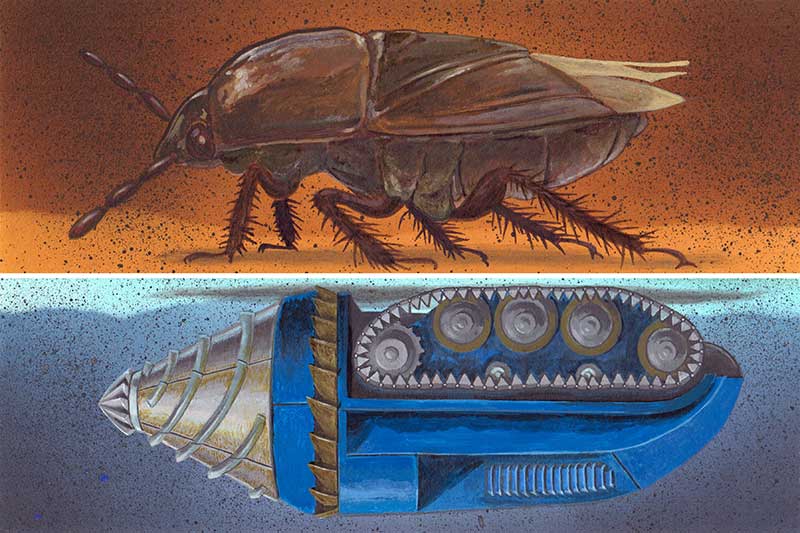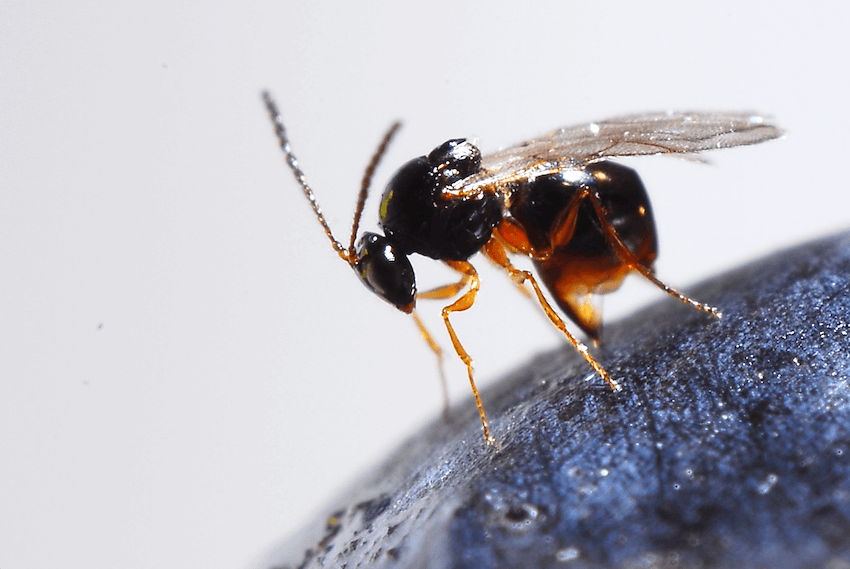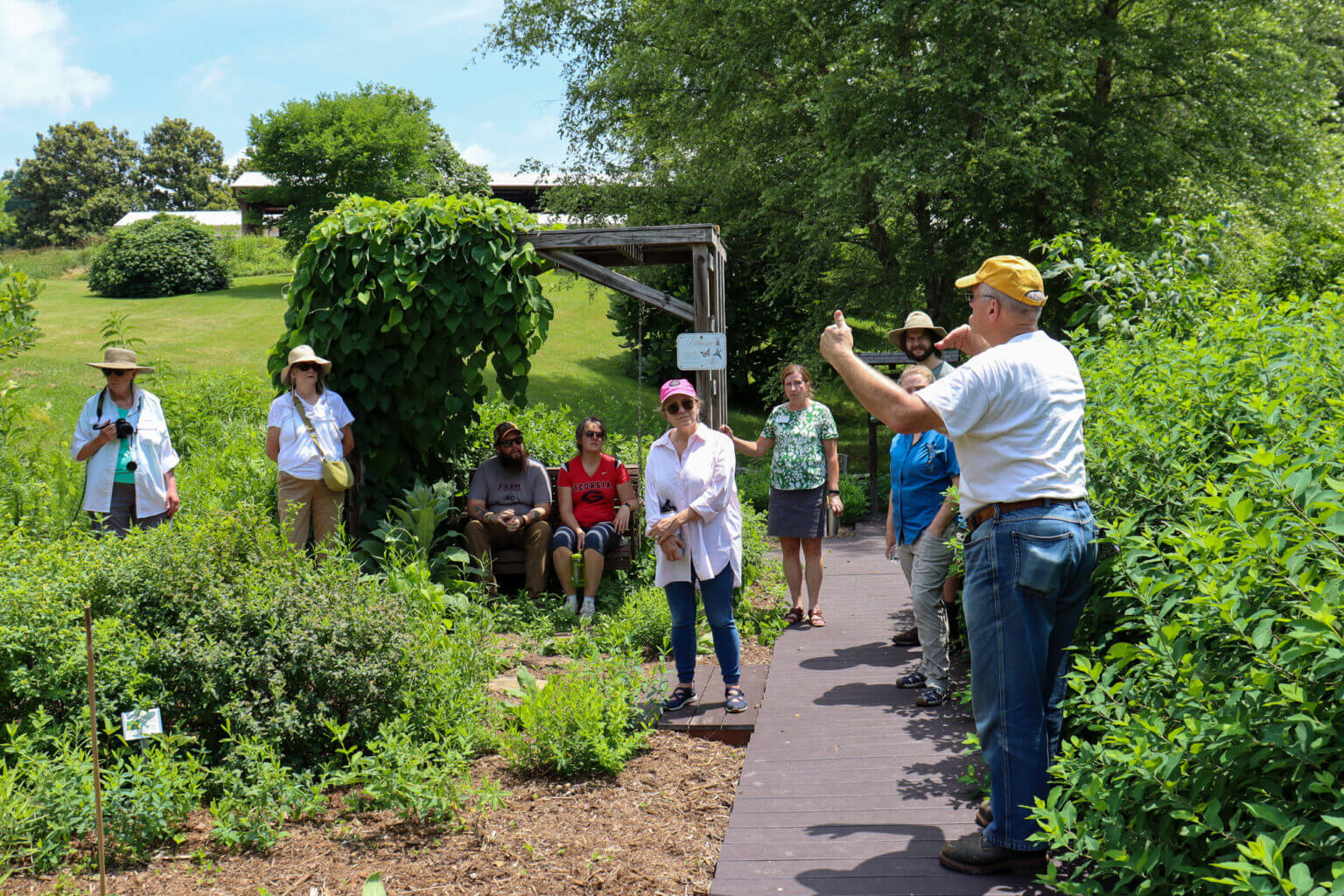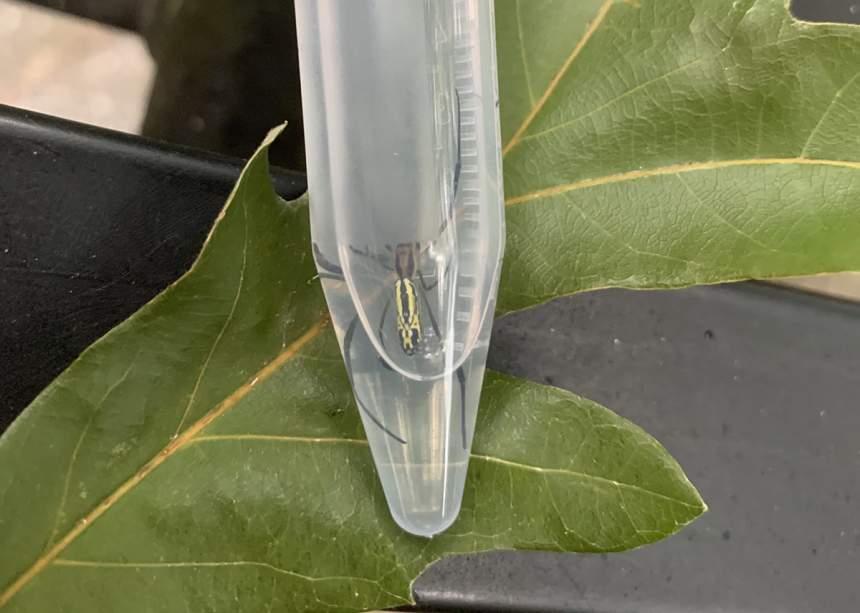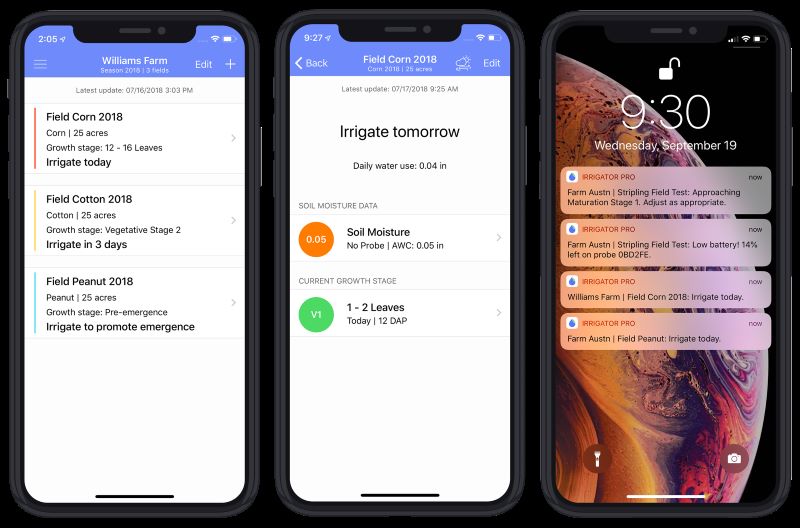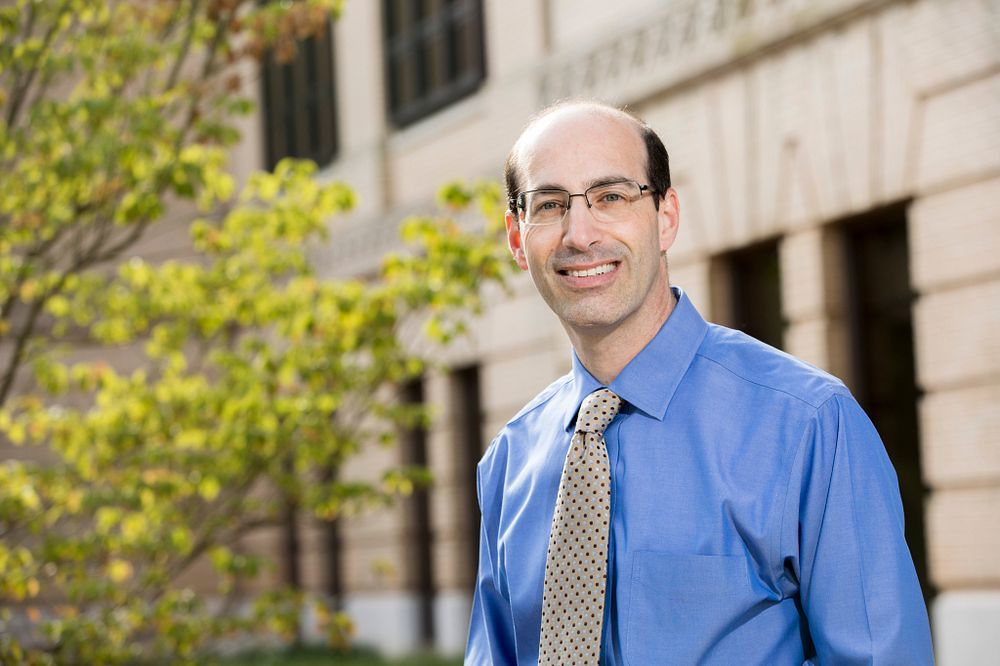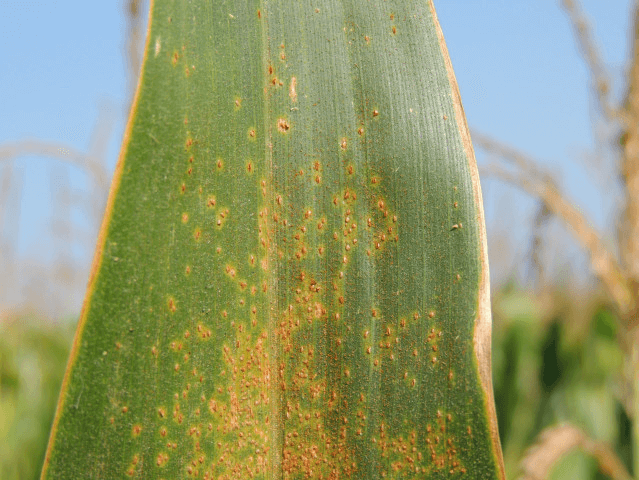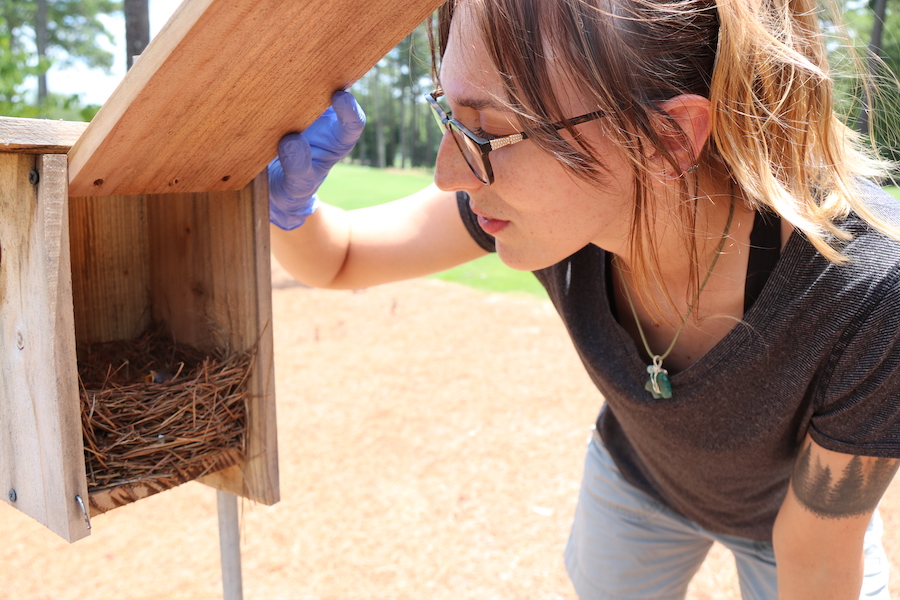 CAES News
CAES News
Stress and Immunity
Many studies have shown that prenatal stress in mothers can be linked to adverse outcomes in the physical, emotional, cognitive and behavioral well-being of children. Now a study at the University of Georgia is examining how pre-hatch exposure to the stress-associated hormone corticosterone influences immune function in baby bluebirds.


.jpg)
